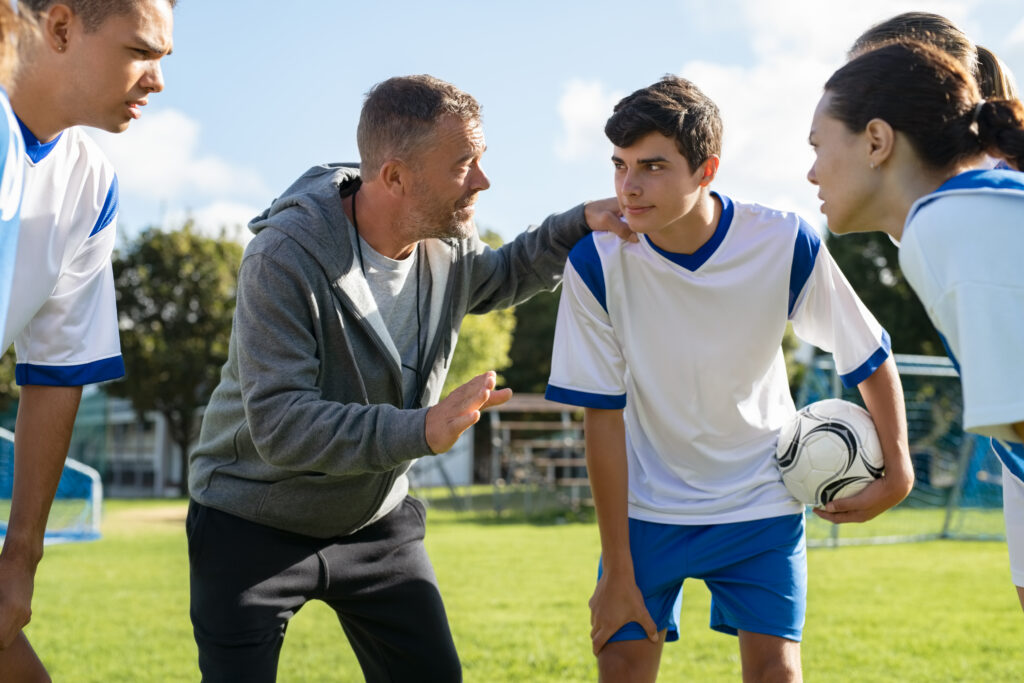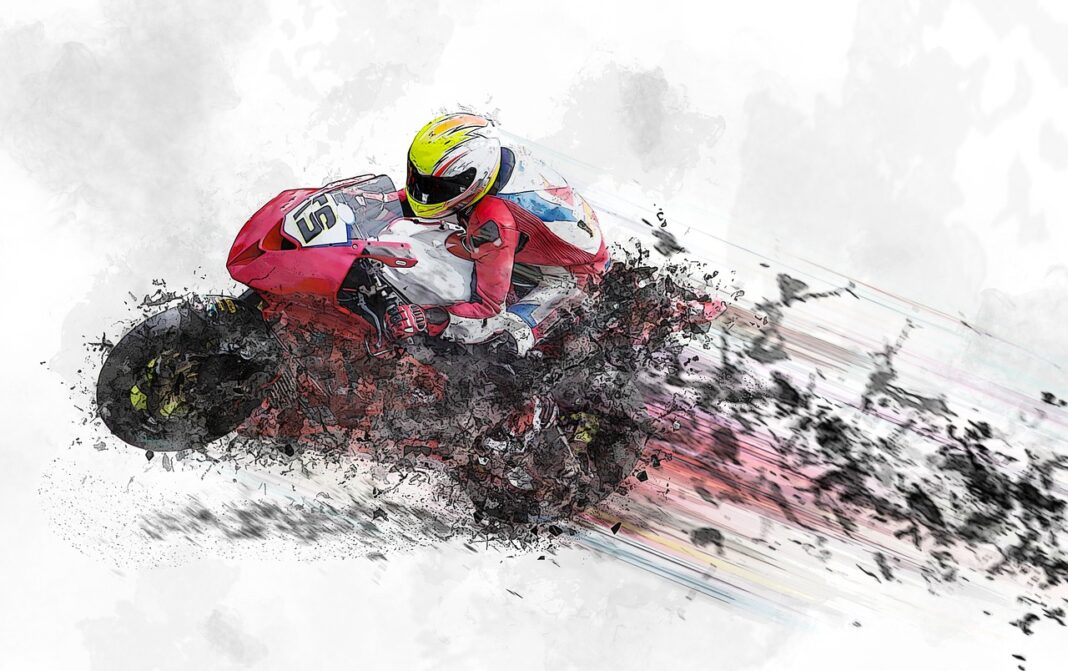Table of Contents
Master of Sport
In the modern world, Sports has become a vast, multibillion-dollar industry. From the elite world of professional Sports to the supreme personal fitness sector, sport’s influence on individual lives and the global economy is too significant.
A Master of Sport has become a necessitate. Societies have looked for ways to increase sports performance, reduce the risk of injury, speed up recovery, and raise levels of physical fitness and well-being.
Sports academics is a comparatively new field. A master of Sport provides individuals with an opportunity to combine their passion for Sports with professional business-oriented education. There is a lot of diversity in the course curriculum ranging from sports science to performance and sports psychology.

Despite its name, a Master of Sport is not limited to sports only. It covers understanding strategic business rules, efficient communication, social media, financial strategies, sports marketing principles, etc.
Exposure to both the theoretical background and practical, real-world experience during studies, The Master of Sport will help students grasp the dynamics of this glamorous yet complex industry.
Specialized academics in this subject area ensures access to a vast choice of job roles, from hands-on fitness to administration and management.
Course Structure and Content For Master of sport degree
During the master of sport program, you will be taught how to analyze economic and financial data, communicate using digital media, lead contract negotiations, deal with players, and approach sponsors and brands.
Master of Sport course will vary with the nature of the program you choose. Along with lectures, seminars, independent research, and study, there will be practical sessions (in gyms, sports halls, courts, fitness rooms, swimming pools, sports fields). Also, students studying courses like exercise physiology biomechanics would have laboratory sessions as well.
The curriculum will ensure that students develop theoretical knowledge alongside applied practical skills. Assessment and grading are based on coursework, written, oral or practical exams, and laboratory reports.
Like most master’s programs towards the end of the course, students have to submit a dissertation or conduct independent research.
Time Period and Entry Requirements For Master Of Sport
Completing a master of Sport degree typically takes one to two years of study at an accredited college, university, or professional school. There are various factors. However, that may increase or decrease the amount of time taken from enrollment to graduation.
As for all subjects, entry requirements will vary depending on the program and institution. Students are to check the website of the university for their entry policies. Typically, applicants will show strong aptitude and a keen interest in Sports.
Tuition Fee for Master of sport
The tuition costs vary significantly across countries and institutions for Master of Sport. You can expect to pay between $30,000 and $80,000 annually for a Master’s program in the U.S. The cost range for an equivalent degree is 15,000 GBP – 35,000 GBP per year in the U.K.
Salary and Career Outlook
The average salary for a Master of Sport(MS), Exercise & Sports Science Degree holder is $49,105 (£24,974 in the United Kingdom). According to web resources, some of the highest-paying jobs in this industry are:
Sports Manager: As a sports manager, you can expect to start your career at 50,000 USD/year and go on to make even 200,000 USD/year as your skills and experience increase.
Sports Agent: Sports agents working on commission can make about 88,000 USD/year.
Sports Therapist: As a sports therapist, you will be responsible for making sure athletes stay healthy and recover fast. The role will earn you around 76,000 USD/ year.
Sports science careers range from sports management and marketing to personal training, physiotherapy, and nutritional consultancy.
Employment options are available with various organizations in the public, private and non-profit sectors, including professional sports clubs, sporting associations, personal health and fitness clubs, spas, and public sports and recreation facilities. Public the health sector (like the NHS in the U.K.), schools, colleges, and higher education institutions, or you may choose to set up your own business or consultancy.
Read Also: professional degree vs academic degree
For further guidance follow this Victoria University Guide




















